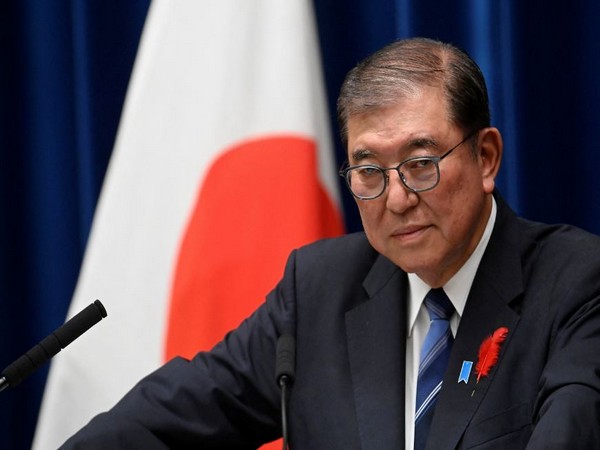Japan's Prime Minister Resigns: A Looming Era of Political Turmoil
Japanese Prime Minister Shigeru Ishiba has resigned, leaving a vacuum in leadership and triggering concerns over policy stability in Japan's economy. His decision follows significant electoral losses and the finalization of a trade deal with the United States. Potential successors include Koizumi and Takaichi, with economic impacts and political uncertainty expected.

In a sudden political shift, Japanese Prime Minister Shigeru Ishiba announced his resignation on Sunday, ushering in a phase of uncertainty for the world's fourth-largest economy. His departure comes after substantial election defeats and the recent closure of a pivotal trade deal with the U.S. aimed at reducing tariffs imposed by President Donald Trump.
Ishiba, 68, attributed his decision to take responsibility for the electoral losses, prompting the ruling Liberal Democratic Party (LDP) to prepare for an emergency leadership election. Among the front-runners to succeed him are Sanae Takaichi, known for her stance on expansive fiscal policy, and Shinjiro Koizumi, recognized for his efforts in agricultural reforms.
Amid the leadership contention, the financial market has shown signs of instability, with the yen and government bonds under pressure. Analysts speculate that the political transition might lead to a snap election, seeking to fortify the LDP's mandate in the face of a fragmented opposition.










